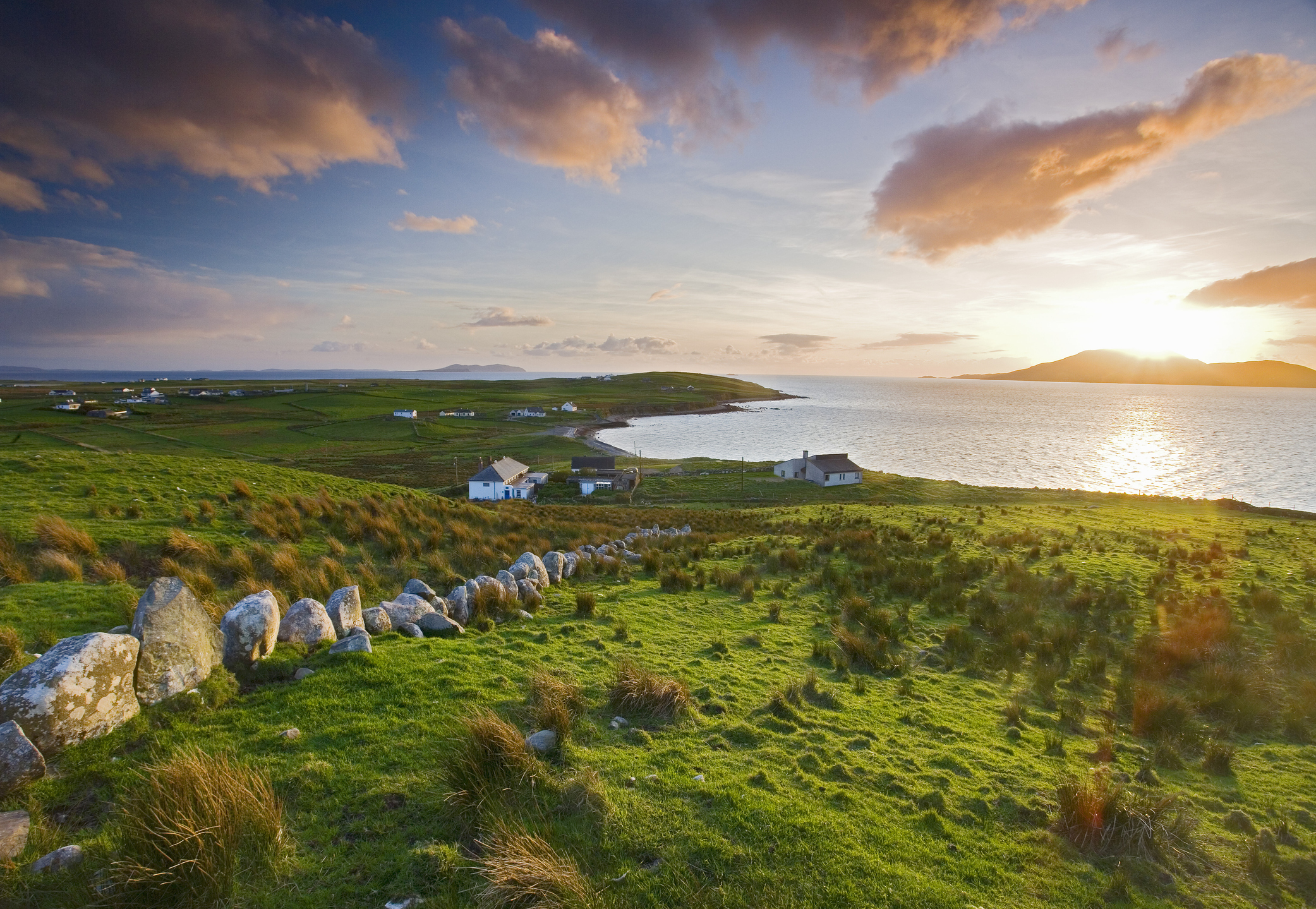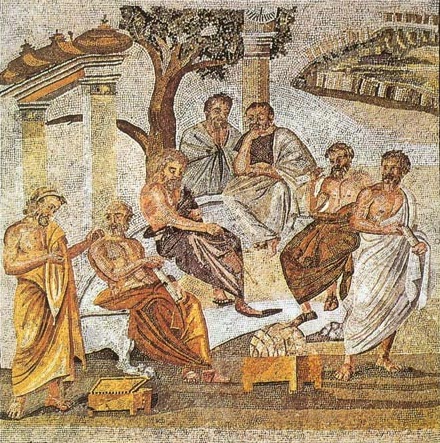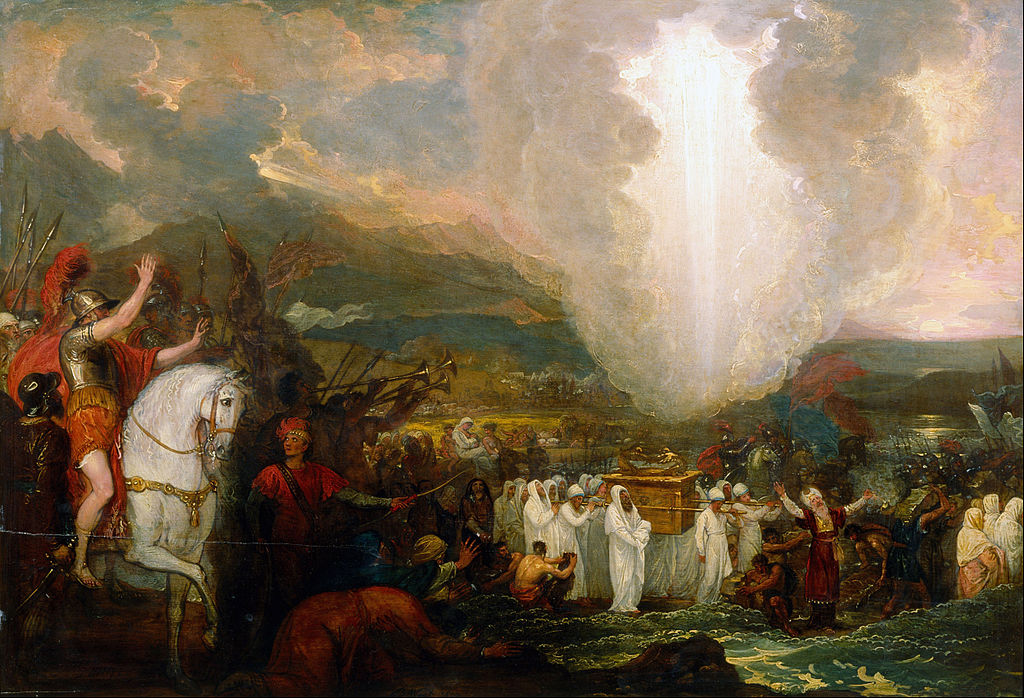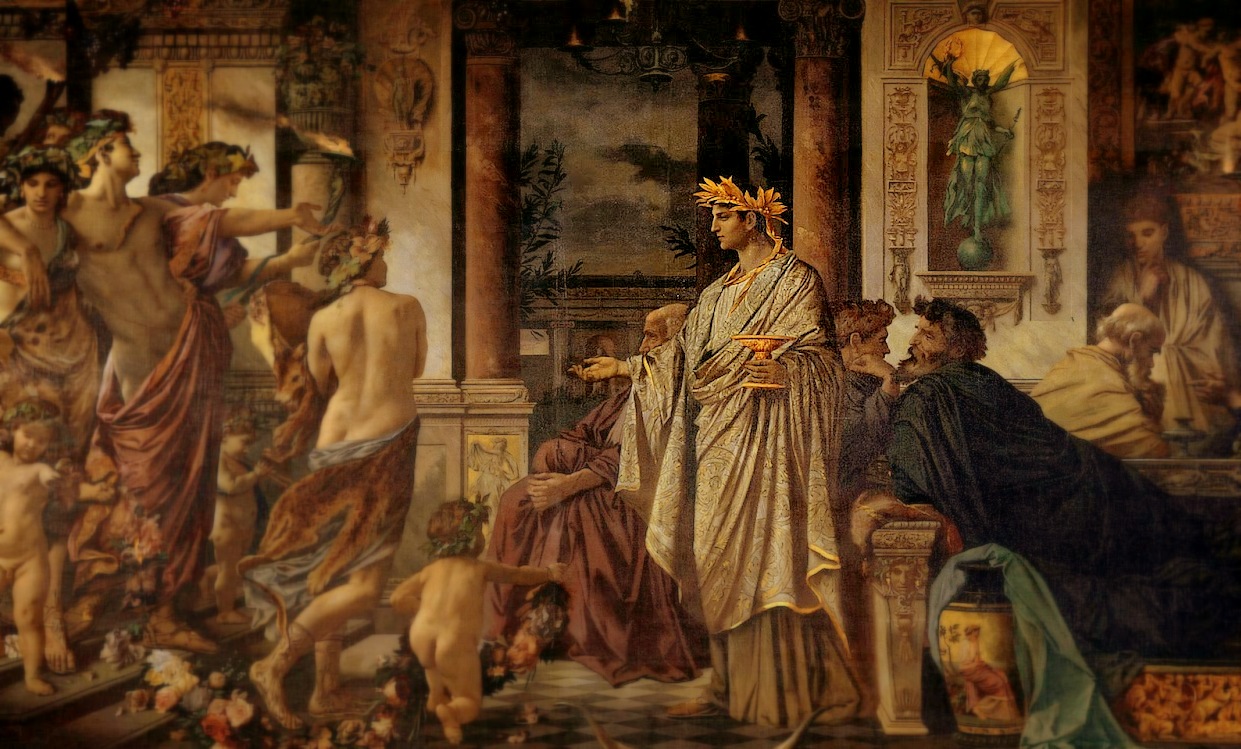Part II: Honor and self-constraint can stave off tyranny.
The Great Renunciation

Ireland no longer belongs to the Irish.
The bipartisan Committee on the Implementation of the Good Friday Agreement recently urged immediate preparations for a united Ireland. But can Ireland truly be united when about one in four residents weren’t even born there?
The Great Replacement Theory, a controversial concept, suggests a deliberate effort to replace native populations with immigrants, forever altering a country’s cultural and demographic landscape. Though widely criticized, this theory holds some explanatory power for what’s currently happening in Ireland, my birthplace. Over the past few decades, Ireland has experienced significant immigration, transforming the concept of what it means to be Irish.
Historically, Ireland was a homogenous country with a relatively stable population. However, the economic boom of the 1990s and early 2000s, known as the “Celtic Tiger,” brought about rapid change. Ireland’s newfound prosperity attracted immigrants from all over the world, seeking better opportunities and contributing to the country’s economic growth. Initially, this was beneficial because new immigrants were qualified to work and actively sought employment.
In recent years, however, the rate of immigration has continued to rise, with a notable increase in the number of immigrants relying on government support and, by extension, the tax-paying Irish.
On X, Irishman Michael O’Keefe posts numerous videos from across the country that provide a sobering and unsettling window into the day-to-day reality that many Irish people face. On an almost hourly basis, O’Keefe shares videos of foreigners brawling on the streets, intimidating locals, engaging in theft, threatening to commit acts of terrorism, and more. As an Irishman viewing them from abroad, I can’t help but think of my family and friends living there, watching their country, a place they truly love, fall apart.
Meanwhile, the crimes committed by immigrants mostly go unreported by the media, which only seems interested in labeling those who oppose mass immigration as racist xenophobes. The media, much like the nation’s leaders, is complicit in the madness.
As I write this, Ireland’s government is pushing a new plan to relocate large numbers of migrants to rural areas. One recent proposal involves relocating 280 asylum seekers to Dundrum, a small village in Tipperary County with only 165 residents, increasing the current population by 170 percent. The government wants to transform the Dundrum House Hotel into a housing complex for these migrants.
The idea has sparked anger among the locals, and for valid reasons. According to a local politician representing the tiny village, the Irish government is treating “its own people with utter contempt on the immigration issue.”
All told, the backlash against importing foreign populations into Ireland is helping bring the country to the brink of all-out war. Public protests and demonstrations against the government are becoming more frequent and, at times, more volatile. On July 18, on the outskirts of Dublin City, an immigrant center was set on fire. And that will surely not be the last unlawful act from those fed up with seeing their communities decline in real time.
While the U.S. has long been seen as a melting pot of cultures and nationalities, with immigration playing a central role in its development and identity, Ireland’s past is far different. For much of its history, Ireland experienced emigration rather than immigration, with waves of Irish people leaving the country due to economic hardship, famine, and political instability.
And now, it’s experiencing emigration again. Unlike before, however, the Irish are being forced out by those in charge. At the same time that the country is being flooded with foreigners, tens of thousands of Irish are leaving. Last year alone, 64,000 people left Ireland, a significant increase from the 56,100 departures during the same period in 2022. Notably, more than half of those leaving were between the ages of 25 and 44. A remarkable 8 percent of young Irish citizens are planning to leave the country.
What’s happening in Ireland, however, is less The Great Replacement and more The Great Renunciation. More specifically, politicians are renouncing their obligation to keep the people of Ireland safe and secure.
As waves of immigrants are let into the country, Ireland faces an unprecedented homelessness crisis. Shelters are overflowing, and the streets of cities like Dublin and Cork are becoming increasingly populated by those who have fallen through the cracks of society. This is partly being fueled by soaring housing prices, a situation in which even middle-income families find it nearly impossible to secure affordable housing. But as residents find themselves priced out of their own communities, many immigrants get free housing and a weekly allowance of a few hundred quid.
Instead of saying enough is enough, the government continues to admit more immigrants, exacerbating the housing shortage and placing additional strain on already stretched public services. This influx, coupled with the failure to adequately prepare and provide for the increasing, rapidly aging population, has led to mounting tensions and a sense of betrayal among many Irish citizens.
This isn’t about xenophobia or an irrational fear of the “other.” It’s about a government that seems paralyzed by the fear of being labeled racist, so much so that it avoids making difficult but necessary decisions. Instead of implementing policies to meet the mounting issues that Irish people are facing, the government appears more focused on maintaining a politically correct image. The average Irish citizen, struggling to pay bills and put food on the table, feels the brunt of this neglect. Close friends of mine speak about how their once-harmonious communities are being dismantled without adequate support systems in place and how their quality of life continues to deteriorate.
How can the country move toward unity and integration when its own people feel neglected and disenfranchised?
Unfortunately, it almost seems too late to change course. No political party in Ireland offers a truly nationalist voice. The political landscape is a homogeneous blend of cautious policies and fear of controversy, leaving no room for bold, decisive action that might prioritize the needs of Irish citizens over external pressures.
Moreover, Ireland is completely beholden to Brussels, the real pullers of the mass migration strings. The influence of the European Union on Ireland’s policies is profound, guiding decisions that often seem at odds with the immediate needs and desires of the Irish people. This dependency on Brussels further cements the feeling of helplessness among the populace as they watch their country drift further away from their control.
It pains me to say it, but the Ireland I once knew is nothing more than a distant memory. Irish eyes are no longer smiling; instead, they are full of tears, agony, and utter disbelief.
The American Mind presents a range of perspectives. Views are writers’ own and do not necessarily represent those of The Claremont Institute.
The American Mind is a publication of the Claremont Institute, a non-profit 501(c)(3) organization, dedicated to restoring the principles of the American Founding to their rightful, preeminent authority in our national life. Interested in supporting our work? Gifts to the Claremont Institute are tax-deductible.
On campus, today's forlorn meritocrats no longer believe what the apparatchiks are teaching them.






